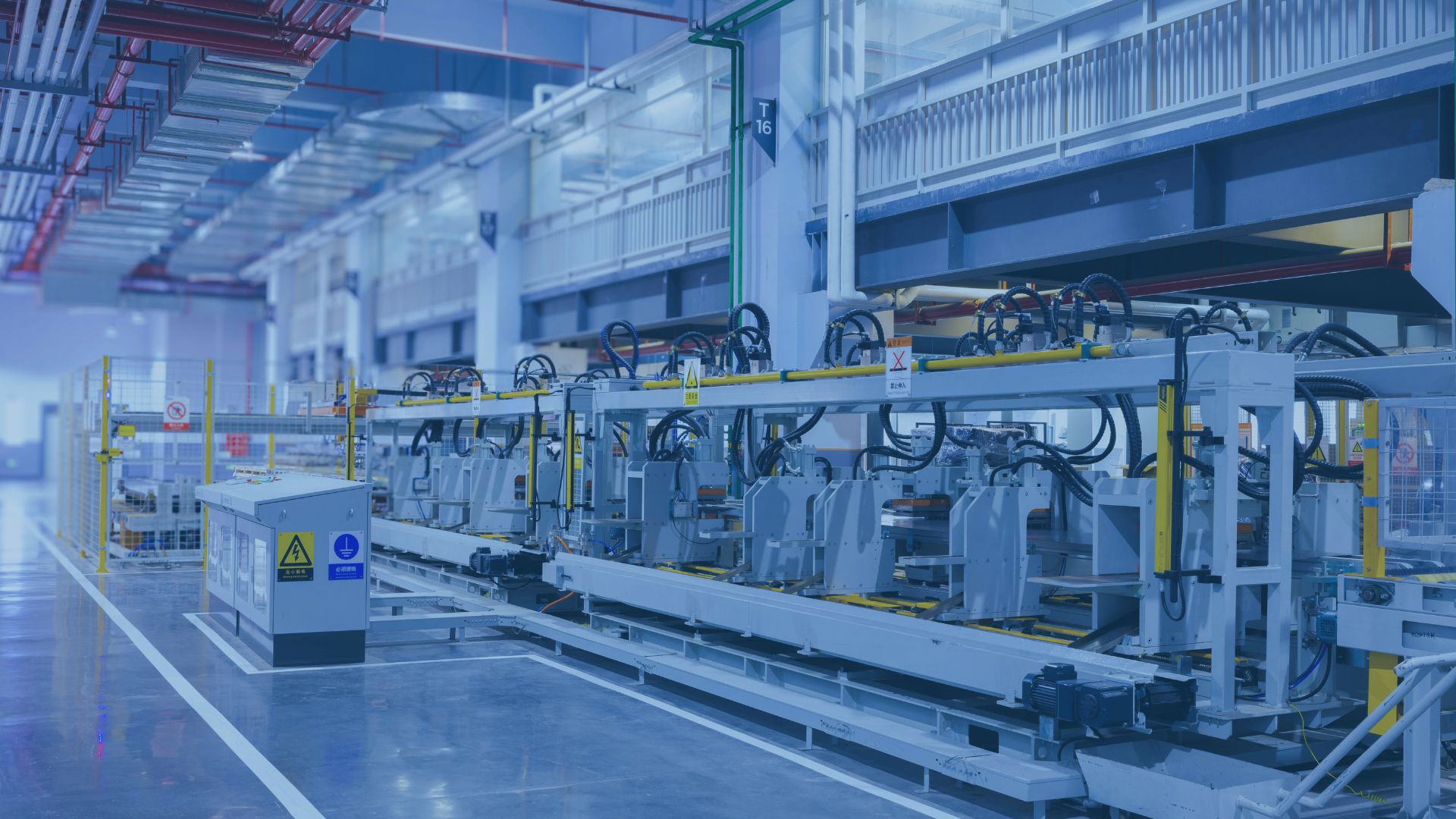There is a growing demand for skilled workers in industrial automation hiring due to the need for specialized talent. In 2023, the global industrial automation market reached a whopping $193 billion. Experts are estimating that that number will exceed $295 billion by 2028. Industrial automation has many benefits such as enhanced quality, better workplace safety, improved productivity, and optimized costs.
7 Things to Ensure Industrial Automation Hiring Needs are Met
As technology keeps evolving and new technologies make its way in the world, it is critical to be prepared to put the right hires in the right roles. Below are seven things to keep in mind to ensure that industrial automation hiring needs are met. Hiring for automation roles can be challenging, but the right candidates are out there – you just must know where to look.
The Rise of Industrial Automation in Manufacturing
Due to the constant change and ongoing development of new technology, organizations all over the world are constantly having to pivot to keep up with these changes. These technologies include things such as artificial intelligence and soft programmable logic controllers.
Understanding the Skills Required for Automation Roles
The fastest growing roles that are in demand now include Quality Engineers, Process Engineers, Quality Technicians, Manufacturing Technicians, and Project Engineers. The required skills for automation technician jobs include the following:
- Proficiency in programming languages such as Java or Python.
- Ability to think strategically and solve complex problems.
- Knowledge of control systems and how they work.
- Proficiency in project management.
- Ability to communicate clearly with stakeholders, developers, testers, and team.
Challenges in Recruiting for Industrial Automation Roles
Recruiting can be a challenge for any industry, but recruiting automation professionals can be extra challenging. Some of these challenges include the following:
- Unclear job descriptions: Due to the specialized work that is done in industrial automation roles, it is critical to ensure job descriptions are clear and concise. The candidate needs to be able to understand what is expected of them if hired for the role.
- Skills shortage: Due to the specialized nature of industrial automation roles, it can be a challenge to find the right candidates for the role.
- Competition from other employers: Understand the competition and what they offer to maintain a competitive edge.
Building Partnerships to Address the Skills Gap
There are many ways in which to build partnerships to address any skills gap, such as creating a pipeline of skilled workers and providing them with training and development opportunities. Some partnerships can include:
- Colleges, universities, and vocational schools: Employers can partner with educational institutions to help with the curricula to meet the needs of the industry.
- Industry-driven partnerships: Look for organizations within the industry that can help align the candidates with the needs of the industry.
- Talent partnerships: Organizations can give student incentives such as paying for their training if they work for the organization for a certain amount of time.
To address the skills gap, it is also important to promote lifelong learning, implement mentoring programs, and create individual development plans.
Effective Recruitment Strategies for Automation Talent
Since this is such a niche talent to recruit, and can be a challenge at times, it is important to have contacts in the field. Networking is an important part of the process, whether it is with colleges, universities, or organizations within the industry. Other strategies include:
- Using social media to attract candidates.
- Create and implement an employee referral program.
- Utilize niche job boards – ones that target automation talent.
- Reach out to past applicants – keep a talent pool.
- Be respectful of the candidates’ time and always follow up.
- Attend job affairs targeting automation talent.
Retaining Top Automation Talent
As with any role, the main things that will help retain top automation talent include competitive pay and benefits, as well as promotion opportunities. Other ways to retain top automation talent include:
- Offer flexible hours to help with work-life balance, as well as employees’ mental health
- Employee recognition
- Employee engagement
- Promote teamwork and collaboration
- Robust onboarding and orientation program
- Open communication
- Listen to feedback
- Build a good company culture
Keeping these things in mind will help offset employee turnover rates, as well as improve employee satisfaction.
Investing in Ongoing Training and Development
When an organization invests time, money, and effort into its employees’ ongoing training and development, it will help in many ways. For one, it will help to attract and retain top talent. This is always important; however, for industrial automation roles, it is especially important due to the constant change in technology. It will also help improve employee performance by leading to increased productivity and overall efficiency.
Roles within the automation industry are going to be on the rise and there is no sign of it slowing down. These types of roles drive innovation, efficiency, and productivity across many different industries throughout the world.

